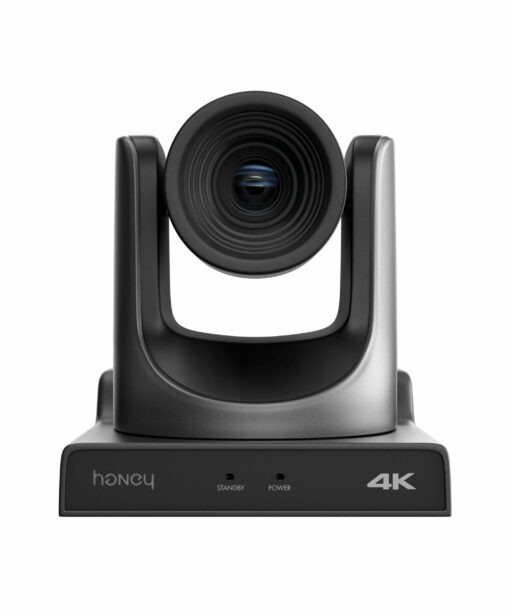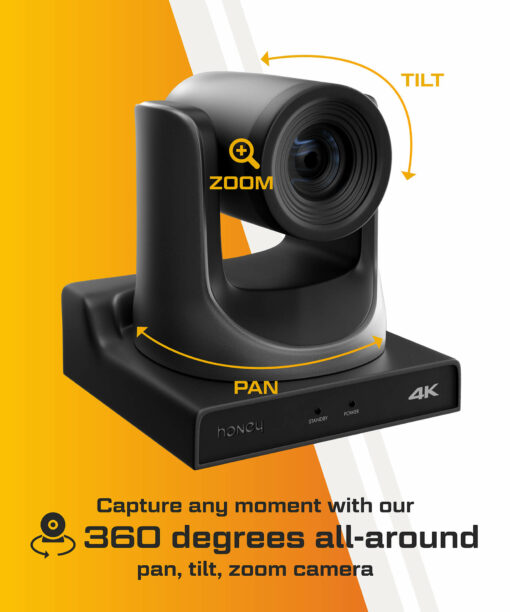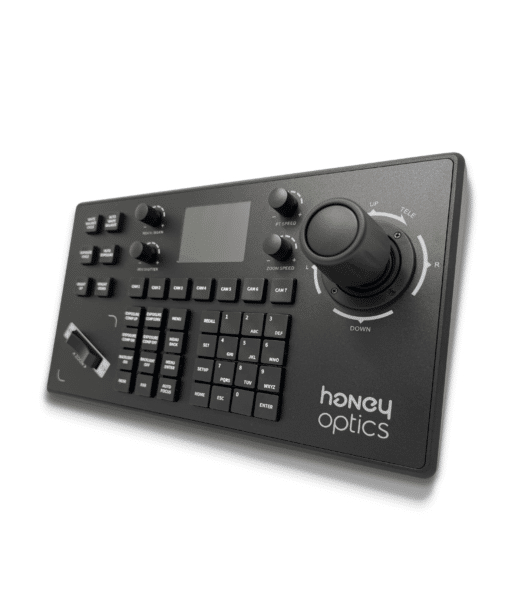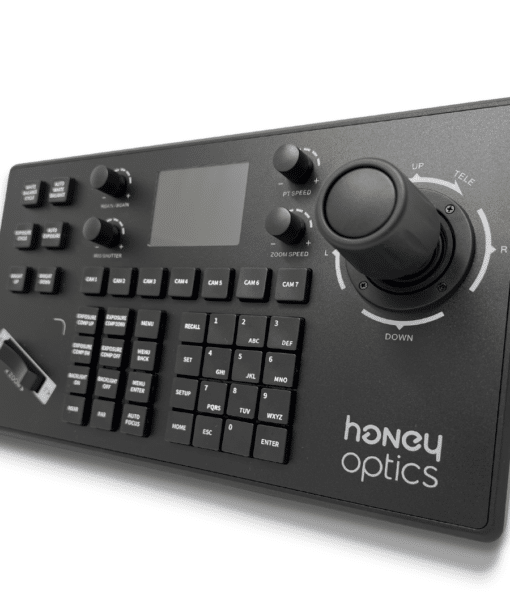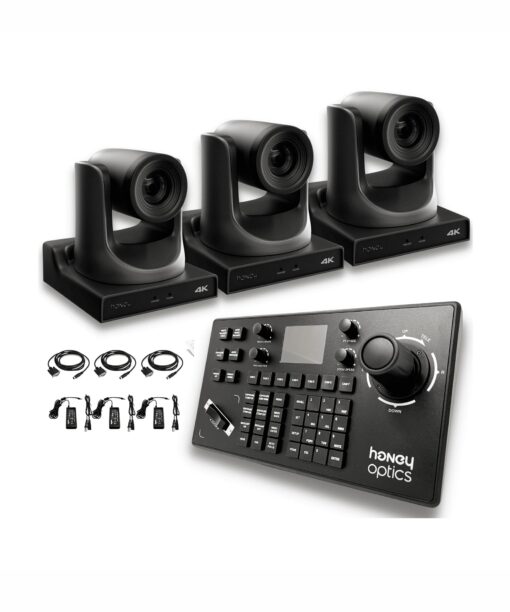Articles
NVR vs. DVR — What are the Differences Between DVR and NVR Systems?
NVR, DVR – it’s confusing! You’ll see a lot of people saying that an NVR camera system is best, and others recommending you go with a DVR camera system. Instead of just recommending one type over another, we want you to know exactly what both of these systems are and how they work.
What is the Difference Between NVR vs. DVR Systems?
NVR vs. DVR comes down to how raw video data from the source camera is processed. A few differences can easily be deciphered when learning what these abbreviations mean:
- DVR is short for digital video recorder.
- NVR is short for network video recorder.
If you have an older camera, you’ll likely need a DVR camera system because it utilizes analog footage. However, IP camera NVR systems work best for digital footage, or footage that is being transmitted through a WiFi or ethernet connection.
Choose the Perfect PTZ Camera
What is an NVR Camera System? Basics, Pros & Cons
The best NVR camera system is what most state-of-the-art security systems will offer. When you choose these cameras, they allow you to connect to the Internet and perform all processing before data is:
- Remotely viewable
- Sent to storage devices
NVR for IP cameras works well, and a few pros and cons to know are:
- IP cameras allow NVR to do all of the processing before data is sent to the storage unit. Due to the ability to process the data off of the recorder, NVR is more robust and complex. IP cameras have the chipset needed to process video data, making them perfect for use with NVR.
- Cables are different, too. DVR uses an analog cable, but NVR systems will need to be connected with ethernet cables. Power over Ethernet technology reduces the need for multiple cables and allows you to combine video and audio cables into one, along with the power cable.
- Higher storage is possible with an NVR because the unit can transmit to the cloud. DVR systems have limitations due to on-premises storage, which makes them less viable if you have long retention requirements.
- Easier connectivity is possible because NVR doesn’t need to be hooked up to every camera. Instead, the cameras need to simply be on the same network as the NVR to connect them properly. In terms of flexibility, NVR is far superior to its DVR counterpart.
- Quality from a pure digital signal will be better on these systems. Ethernet can also carry audio, so you can record audio for better insight into what’s happening during an event.
Ethernet cables and the ability to use an NVR with an IP camera are the main differences between DVR and NVR. Since processing happens before data is stored on systems, it allows for faster processing, too.
In fact, NVR really doesn’t do any of the processing.
Instead, it’s the camera that will process the digital video and the NVR that will be used to view and store data.
What Is a DVR (Digital Video Recorder)? Basics, Pros & Cons
Digital video recorders, or DVR systems, have come a long way in recent years. The main issue with these recorders is that they use coaxial cables, and while this may have been the standard for old security cameras, that’s no longer the case.
Let’s see what DVR has to offer:
- Analog connectivity reduces the complexity of the DVR system and camera itself. NVR uses IP cameras that do all of the video processing, so analog is less complex. The one drawback with analog is that it offers fewer connectivity options and flexibility than ethernet cables.
- Coaxial cables have drawbacks compared to ethernet because there’s no option to power the device through coaxial cables. The lack of power means that you’ll need to use more cords to power and connect the device.
- Hardware will handle all of the raw data processing, and every camera must be connected directly. In terms of flexibility, DVR is far less flexible because every camera needs to be physically connected, making the setup more complex, especially in small areas.
- Audio cannot be transmitted over coaxial cables natively, and these systems often offer very limited audio ports if you want to transmit audio.
In terms of setup and ease of use, it’s very hard to beat the ease of NVR.
DVR does have its place for CCTV, and it’s a more affordable option compared to NVR. But these systems are also dated and do not offer the Internet connectivity that provides the best quality, storage and viewing.
Conclusion: So, Which is Better – DVR or NVR?
If you’re trying to figure out whether NVR vs. DVR is better when using Honey Optics PTZ cameras, we recommend using NVR. DVR definitely has its place in the industry, but when you have a security system that connects to WiFi or the Internet, it’s going to allow for remote viewing and be far more versatile than DVR.






